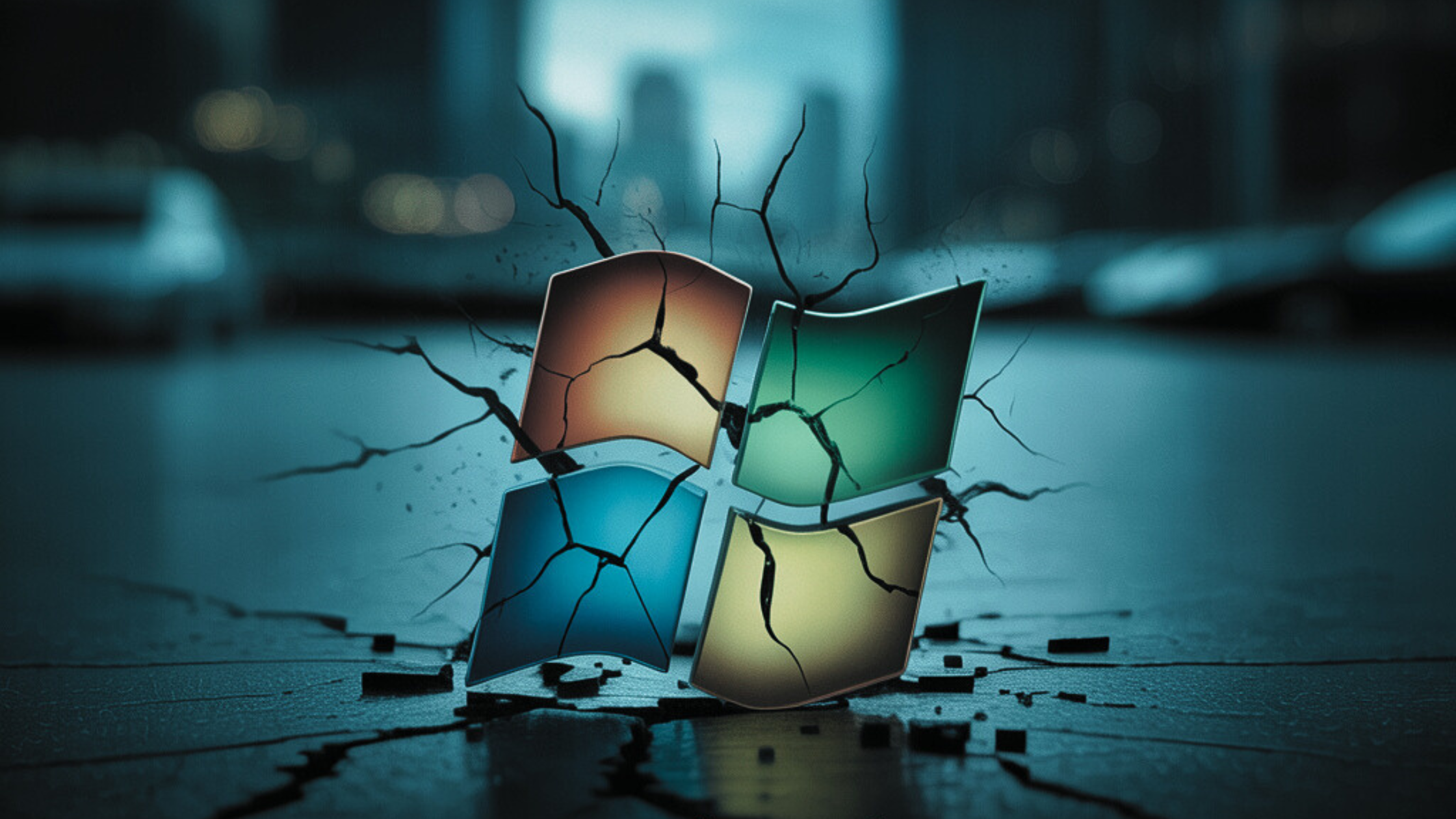Cryptocurrencies are a fairly new type of electronic, ethereal currency available only online. Cryptocurrencies like Bitcoin (BTC), Etherium (ETH) and Tron (TRX) are not backed up or given value by a government like any other sort of fiat currency ($USD). Instead, they’re given a value based on the networks that support them, their usability and availability. Essentially, cryptocurrency tokens are encrypted entries in a database, with precise conditions that need to be met to alter these values. Since these values are created via cryptography, the margin of human error is virtually removed.
All of these encrypted values are inside of a peer-to-peer database, in which each user’s client (computer) has access to. When you send cryptocurrencies to other another user, a new value is formed in that peer-to-peer network. It should be noted that when you send cryptocurrency to another user, it is sent directly from you to them. There is no central bank, trust or other entity to validate the transaction.
Every time a transaction is created, each client on the network has a record of it. This means that crypto users can circumvent the need for a central authority to handle transactions because they as a community handle all transaction and record keeping. This where another part of the equation comes in: crypto miners.
Crypto mining is the act of using a GPU (Graphics Processing Unit) or CPU (Central Processing Unit) of a PC to perform hashing functions – essentially using the power of a computer to calculate hashes for each transaction on the network until you reach one that matches. This is incentivized by awarding the first peer who calculates the correct hash for the transaction a certain amount of cryptocurrency. It should be noted that not all cryptocurrencies can be mined. Bitcoin is the most common cryptocurrency to mine because it is the most well known crypto and has the most value.
Crypto mining doesn’t come without its drawbacks, however. Nowadays, unless you plan on sinking a significant amount of money into a mining rig, you can expect to spend more on your monthly electricity cost than you’ll receive from mining. As of right now, the most cost-effective way to get into the cryptocurrency racket is to either invest in companies that create dedicated mining rigs or invest in smaller, less valuable cryptocurrencies that you feel may go “to the moon”.
All different types of cryptocurrencies are built and published on the same fundamentals:
- Anonymity
- Accessibility
- Security
- Immutability
- Value determined by free market concepts
While cryptocurrencies seem to be along for the ride; how long the powers that be will abstain from quelling a truly unregulated currency is still up in the air. Some countries have already gone so far as to ban it from use or distribution. Of course, people will attempt and succeed at circumventing the law, but only time will tell how long our beloved ethereal currency will last.






